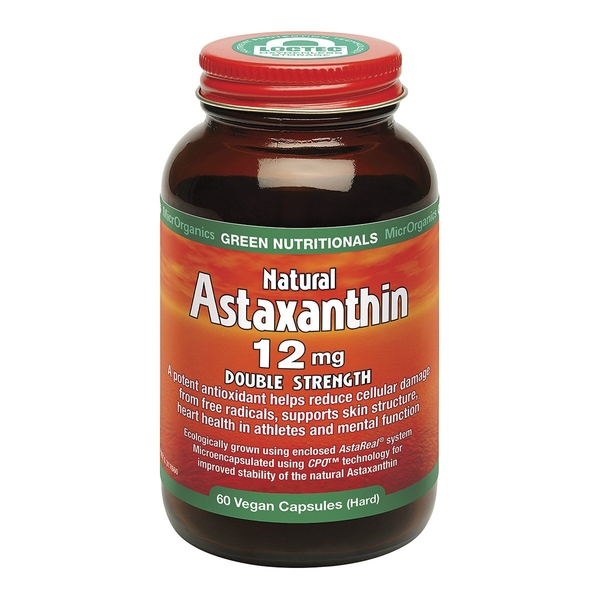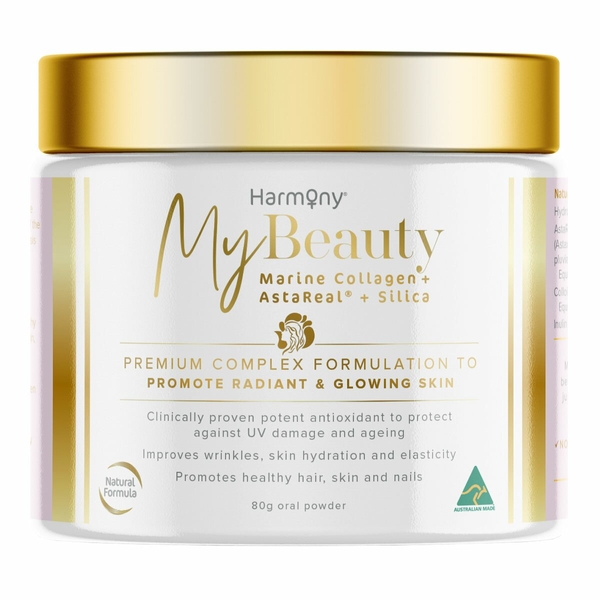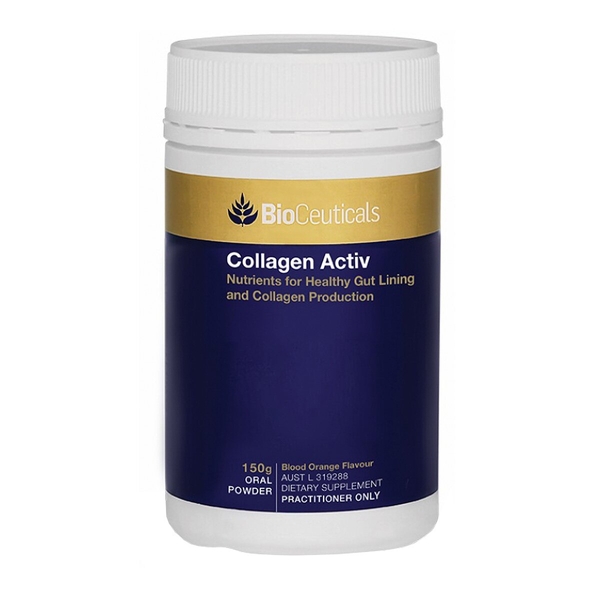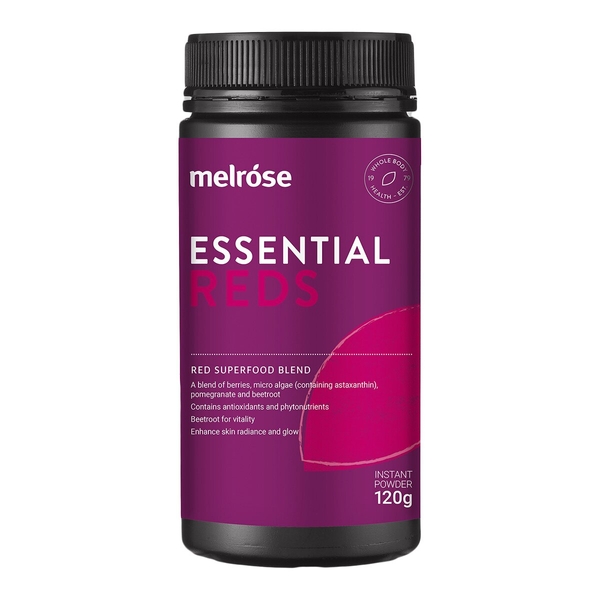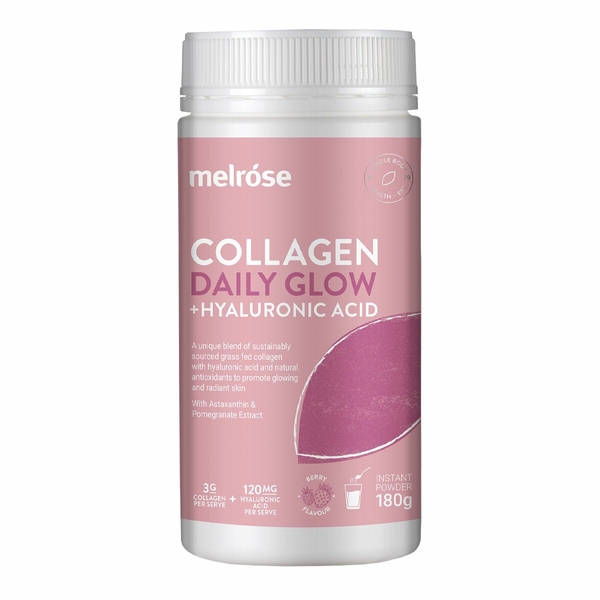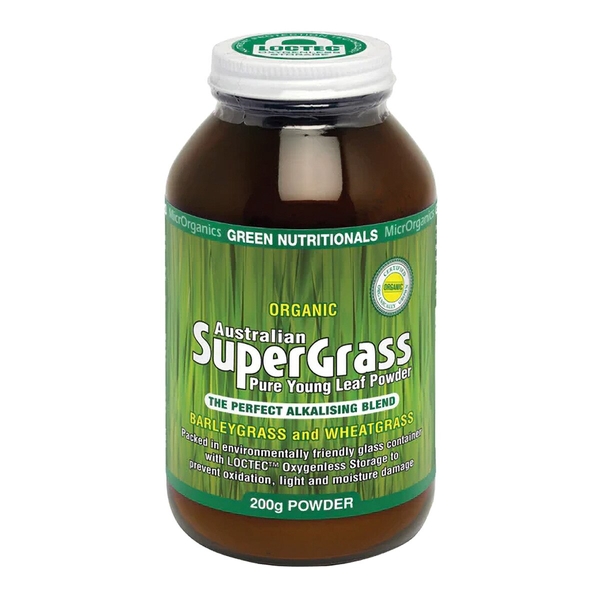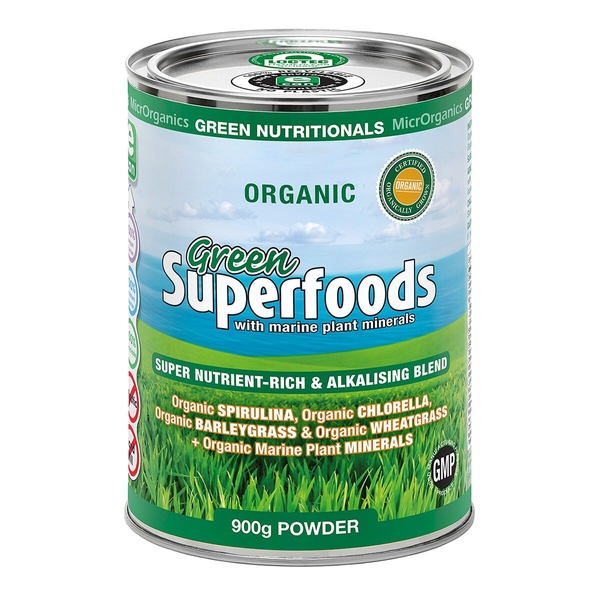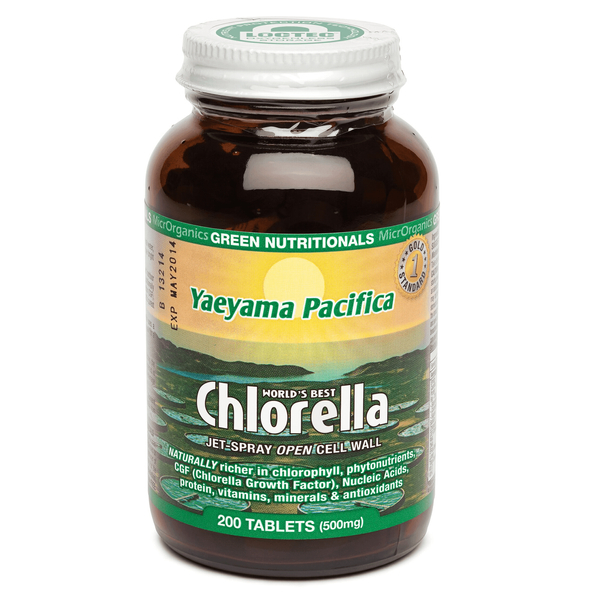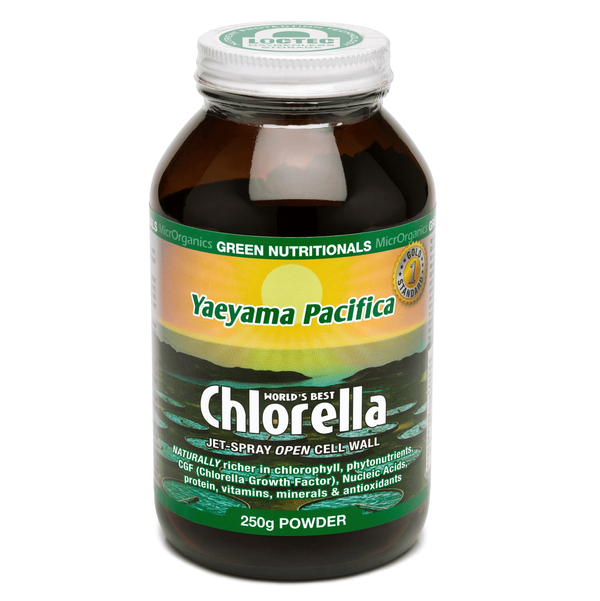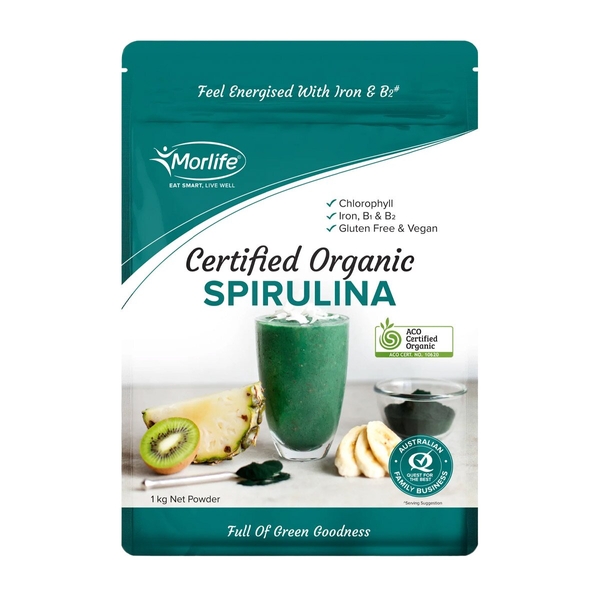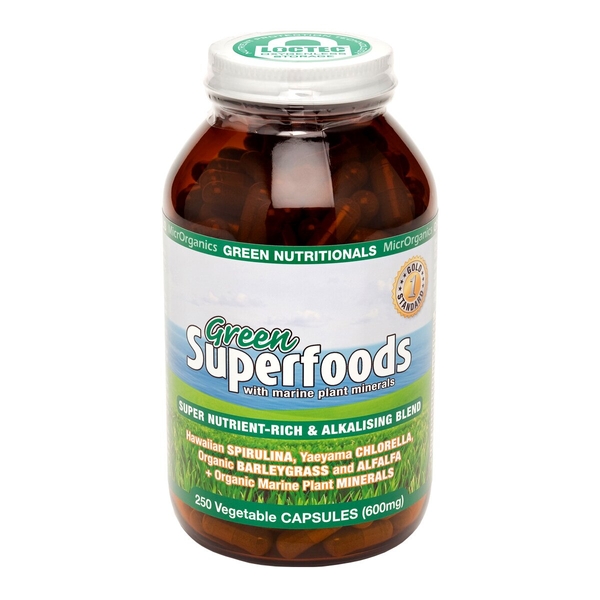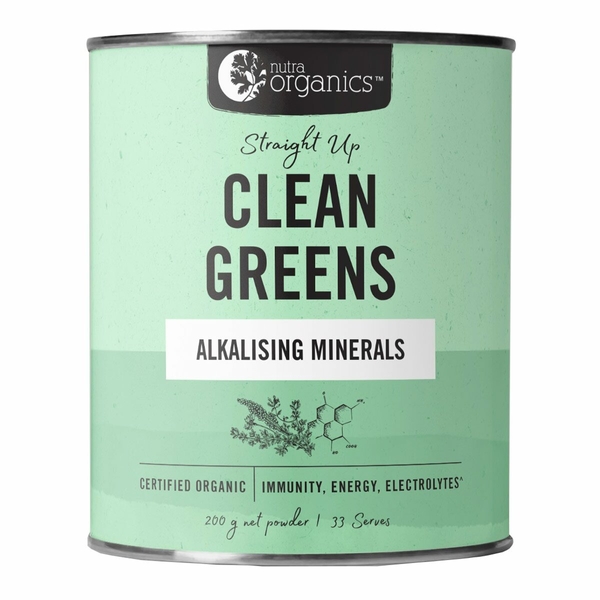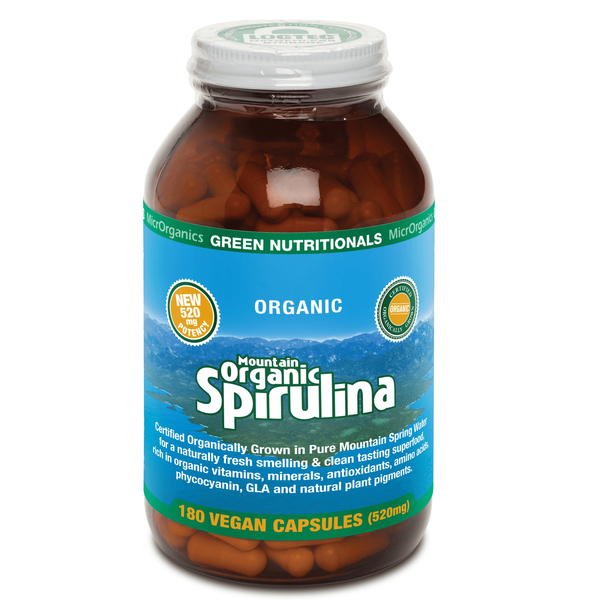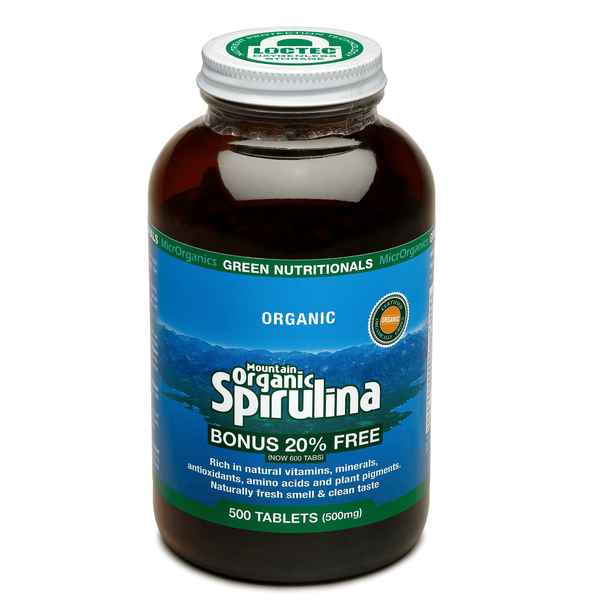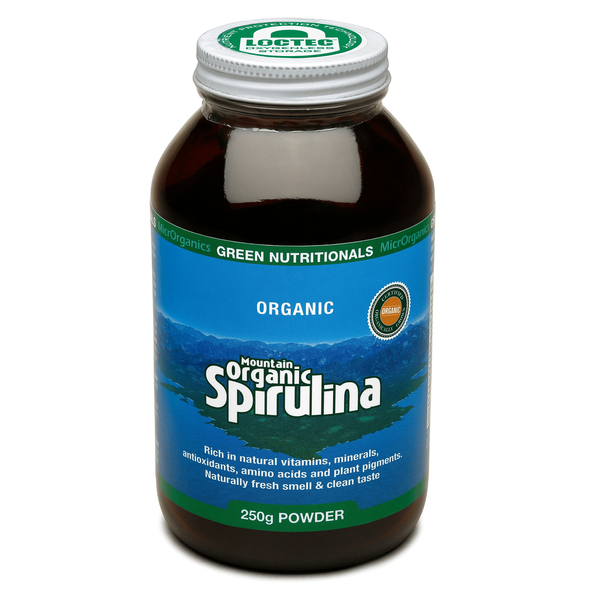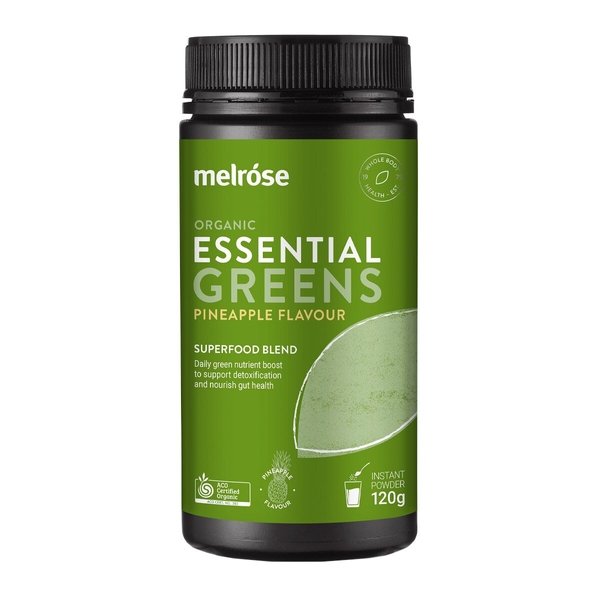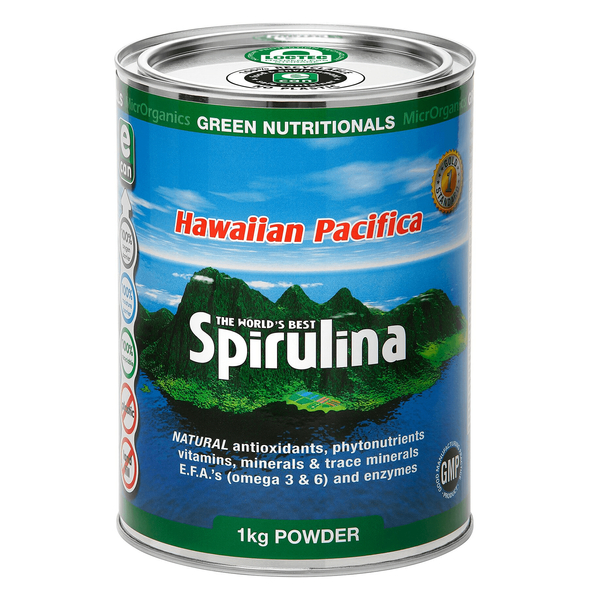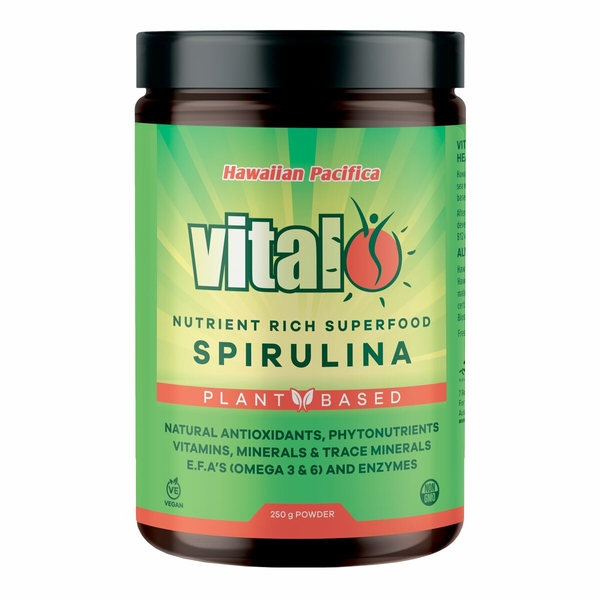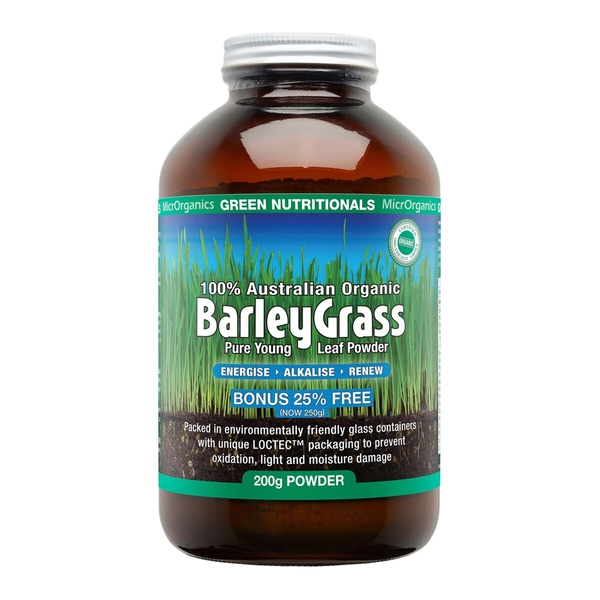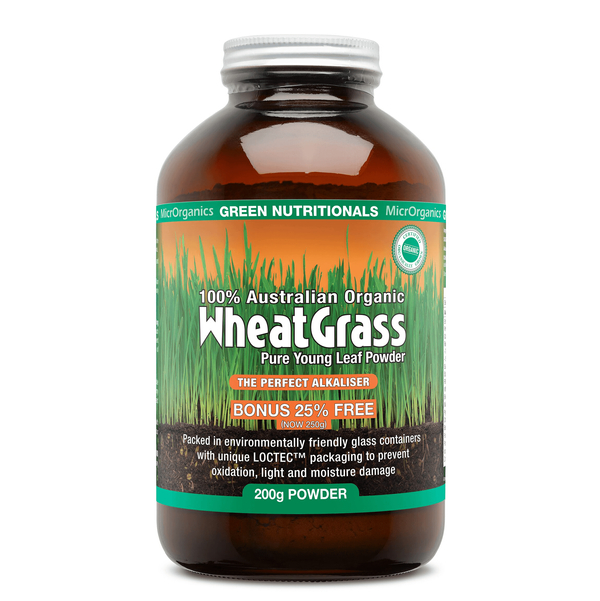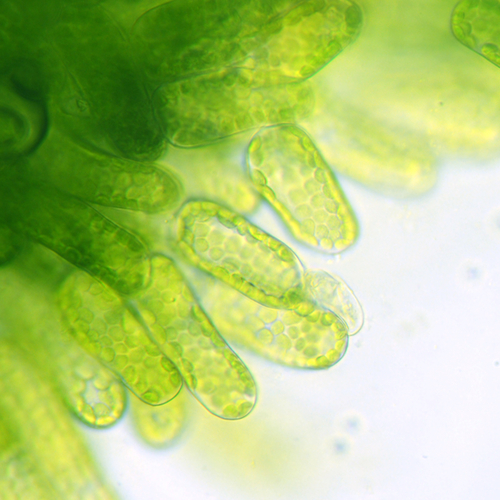
Chlorophyll
Scientific names: Chlorophyll a, Chlorophyll b, Chlorophyll c, Chlorophyll d
Alternate names: Chlorophylle, Chlorophylle a, Chlorophylle b, Chlorophylle c, Chlorophylle d, Clorofila
Actions: Anticarcinogenic, Antidiabetic, Antilipemic, Antimutagenic, Antiobesity, Antiodor, Antioxidant, Antiseptic, Antiviral properties, CYP450-modifying, Detoxifying, Gastrointestinal, Hematologic, Immunomodulatory, Photodynamic therapy (PDT) properties, Porphyria, Radioprotective
Background
Chlorophyll is a green pigment found in plants. Food sources include green leafy vegetables, wheatgrass, green tea, potatoes, and some algae and herbs.
In supplements, common chlorophyll sources include alfalfa, algae, and silkworm droppings. But many "chlorophyll" supplements actually contain chlorophyllin, a chemical made from chlorophyll. There isn't enough information available to know how chlorophyll might work.
Chlorophyll is used for acne, wound healing, hay fever, and many other conditions, but there is no good scientific evidence to support these uses.
In supplements, common chlorophyll sources include alfalfa, algae, and silkworm droppings. But many "chlorophyll" supplements actually contain chlorophyllin, a chemical made from chlorophyll. There isn't enough information available to know how chlorophyll might work.
Chlorophyll is used for acne, wound healing, hay fever, and many other conditions, but there is no good scientific evidence to support these uses.
Safety Safety definitions
When taken by mouth: Chlorophyll is commonly consumed in foods. There isn't enough reliable information to know if it is safe in the larger amounts used as medicine.
When applied to the skin: There isn't enough reliable information to know if chlorophyll is safe or what the side effects might be.
When applied to the skin: There isn't enough reliable information to know if chlorophyll is safe or what the side effects might be.
Special Precautions & Warnings:
Pregnancy and breast-feeding: There isn't enough reliable information to know if chlorophyll is safe to use when pregnant or breast-feeding. Stay on the safe side and avoid use.Effectiveness
Effective Effectiveness definitions
There is interest in using chlorophyll for a number of purposes, but there isn't enough reliable information to say whether it might be helpful.
Dosing & administration
Chlorophyll is found in green leafy vegetables, wheatgrass, green tea, potatoes, and some algae and herbs. It is also available in supplements. But many "chlorophyll" supplements actually contain chlorophyllin, a chemical made from chlorophyll.
There isn't enough reliable information to know what an appropriate dose of chlorophyll might be. Keep in mind that natural products are not always necessarily safe and dosages can be important. Be sure to follow relevant directions on product labels and consult a healthcare professional before using.
There isn't enough reliable information to know what an appropriate dose of chlorophyll might be. Keep in mind that natural products are not always necessarily safe and dosages can be important. Be sure to follow relevant directions on product labels and consult a healthcare professional before using.
Interactions with pharmaceuticals
Medications that increase sensitivity to sunlight (Photosensitizing drugs)
Interaction Rating=Moderate Be cautious with this combination.
Some medications might make the skin more sensitive to sunlight. Chlorophyll might also make the skin more sensitive to sunlight. Using these products together might increase the risk of sunburn, blistering, or rashes when the skin is exposed to sunlight. Be sure to wear sunblock and protective clothing when spending time in the sun.
Methotrexate (Trexall, others)
Interaction Rating=Moderate Be cautious with this combination.
Chlorophyll might slow down how quickly methotrexate is removed from the body. This could increase how much methotrexate is in the body and increase the risk of side effects. Stop taking chlorophyll at least 2 days before treatment with methotrexate.
Interactions with herbs & supplements
Herbs that might increase sensitivity to sunlight: Chlorophyll might make the skin more sensitive to sunlight. Using it with other products that also make the skin more sensitive to the sun might increase the risk for sunburn and other side effects. Examples of supplements with this effect include bishop's weed, khella, and St. John's wort.
Interactions with foods
There are no known interactions with foods.
Products
View all productsRRP: $98.16$83.44Save: 15%
Create account
RRP: $51.58$41.26Save: 20%
Create account
Practitioner product
Per 4 g:
- Haematococcus pluvialis (Chlorophyll)
- Beta vulgaris powder
- Fragaria ananassa (juice) powder (Strawberry)
- Euterpe oleracea (berry) ext. (Acai)
- Ribes nigrum powder
- Punica granatum powder
- Silicon dioxide
- Citric acid anhydrous
- Rubus fruticosus (Blackberry)
- Fermented Prebiotic Isomalto-oligosaccharides (Fermented prebiotic IMO)
- Natural pomegranate flavour
RRP: $26.95$22.91Save: 15%
Create account
Per 5.5 g (Berry):
- Haematococcus pluvialis (Algae)
- Hydrolysed bovine collagen peptides 2.87 g
- Beta vulgaris powder
- Euterpe oleracea (berry) ext. (Acai)
- Punica granatum
- Hyaluronic acid sodium salt (Sodium hyaluronate) 115.5 mg
- Fragaria ananassa (Strawberry)
- Rubus fruticosus (Blackberry)
- Fermented Prebiotic Isomalto-oligosaccharides (Fermented prebiotic IMO)
- Natural flavours
- Silicon dioxide
- Citric acid anhydrous
- Berry flavour
- Luo Han Guo (fruit) ext. (Monk fruit)
- Ribes nigrum
RRP: $39.95$33.96Save: 15%
Create account
RRP: $32.67$27.77Save: 15%
Create account
Per 3 g:
- Arthrospira platensis (Spirulina) 750 mg
- Chlorella pyrenoidosa powder 750 mg
- Wheatgrass powder 450 mg
- Hordeum vulgare powder 750 mg
- Calcified lithothamnion (Red algae) 300 mg
RRP: $159.22$135.34Save: 15%
Create account
RRP: $35.95$30.56Save: 15%
Create account
RRP: $89.95$76.46Save: 15%
Create account
Per capsule:
- Arthrospira platensis (Spirulina) 550 mg
- Chlorella pyrenoidosa powder 550 mg
- Wheatgrass powder 330 mg
- Hordeum vulgare powder 550 mg
- Calcified lithothamnion (Red algae) 220 mg
RRP: $74.14$63.02Save: 15%
Create account
RRP: $46.95$39.91Save: 15%
Create account
RRP: $59.97$50.97Save: 15%
Create account
RRP: $87.22$74.14Save: 15%
Create account
RRP: $68.67$58.37Save: 15%
Create account
Per 4 g (Pineapple):
RRP: $26.95$22.91Save: 15%
Create account
RRP: $207.25$176.16Save: 15%
Create account
RRP: $59.95$38.97Save: 35%
Create account
vital.ly has licensed monographs from TRC Healthcare.
This monograph was last reviewed on 14/02/2025 11:00:00 and last updated on 02/09/2022 02:53:13. Monographs are reviewed and/or updated multiple times per month and at least once per year.
Natural Medicines disclaims any responsibility related to medical consequences of using any medical product. Effort is made to ensure that the information contained in this monograph is accurate at the time it was published. Consumers and medical professionals who consult this monograph are cautioned that any medical or product related decision is the sole responsibility of the consumer and/or the health care professional. A legal License Agreement sets limitations on downloading, storing, or printing content from this Database. No reproduction of this monograph or any content from this Database is permitted without written permission from the publisher. It is unlawful to download, store, or distribute content from this site.

